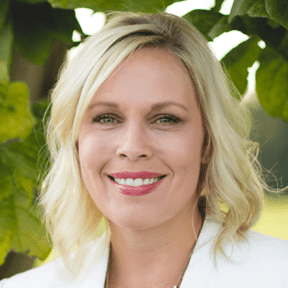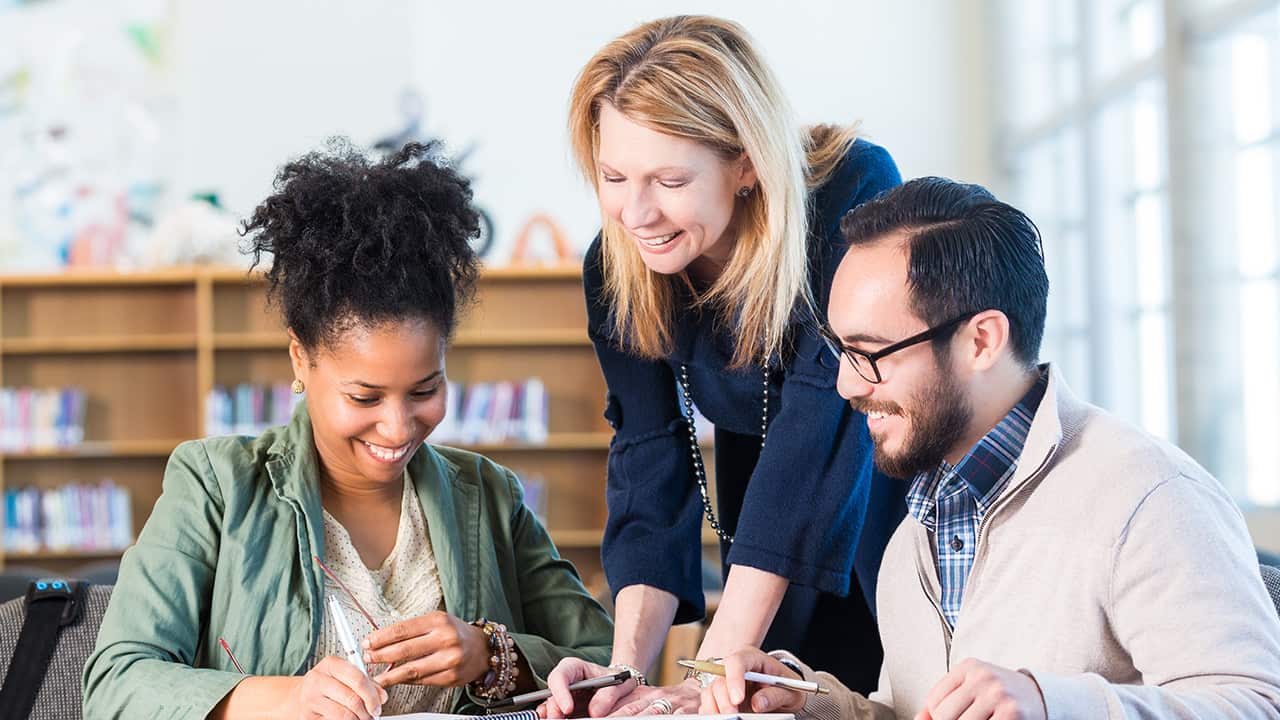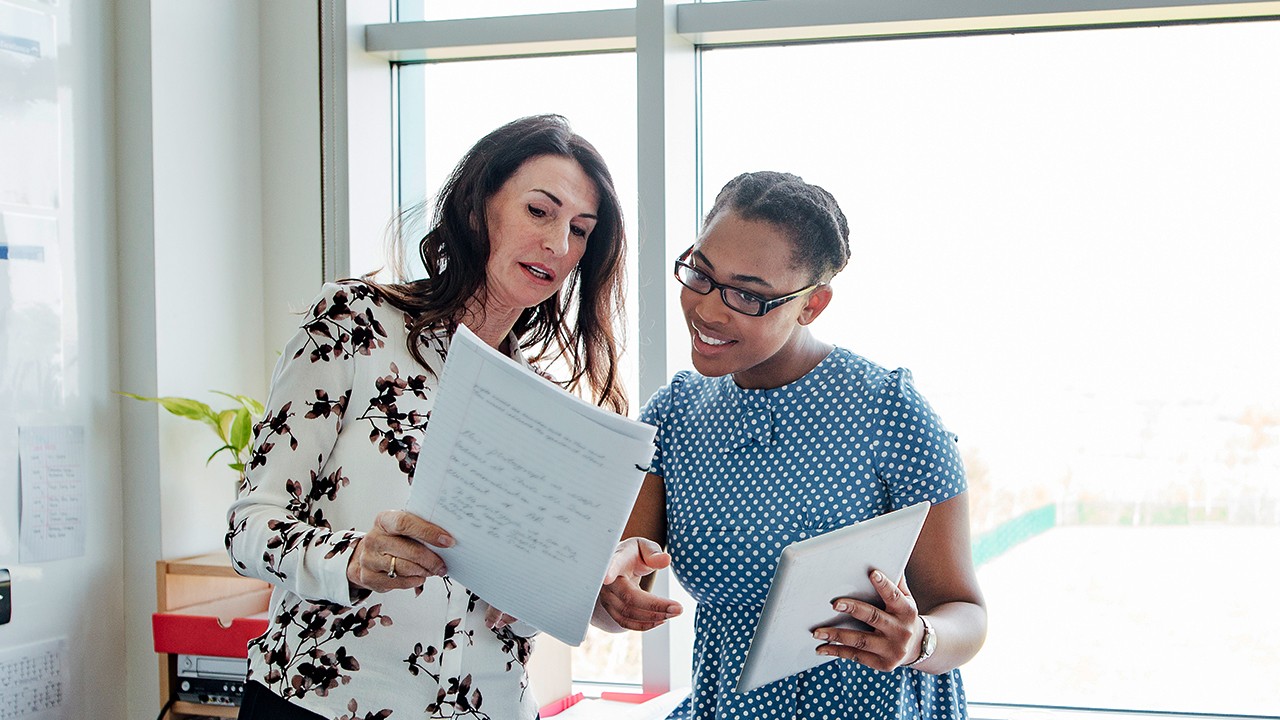As a special educator, I often wonder what commonalities great teachers possess. What takes a teacher from good to great, and how can I improve my teaching abilities? Something I really love about being in this profession is that you just can’t do this job perfectly—there are always ways to change, grow and improve.
In my exploration of what makes a great teacher, I decided to poll some of the real experts out there”¦ the ones who experience a variety of teachers day in and day out—my students. According to the 50 students (with and without special needs) that I polled, here are the main do’s and don’ts for all of us to consider when it comes to being a great teacher.
Please do:
- Allow us to ask questions and give us time in class to work so we can get clarification.
- Show enthusiasm for your job and teaching.
- Help us feel that we are important to you, that we matter.
- Use multiple examples and explain things in more than one way whenever possible.
- Have an open-door policy; it is helpful to know we have someone we can go to if we need help.
- Compromise and take time to talk to us rather than just punish or give us a bad grade.
Please don’t:
- Just do notes! Mix up your lesson delivery and allow us to do a variety of activities and assignments.
- Treat all students the same. We understand that there are exceptions to the rules and every student has different needs.
- Give too much homework. We have extracurricular activities and other classes.
- Randomly call on us. (This was a repeated answer.)
- Put up with disrespectful students; it’s important to set the behavior expectation high.
What characteristics does/did your favorite teacher have?
- Energetic
- Sense of humor
- Kind and thoughtful
- Caring
- Understanding
- Passionate
- Supportive
- Patient
What tips would you give a new teacher?
- “Be nice, but disciplined. Don’t be afraid to punish a student for a misdeed or negative action. Be aware of your students’ emotions (facial expressions are key,) because you may never know if a student is going through a hard time. Be reasonable with your students. Let them know about any changes ahead of time.”
- “Don’t forget that the world is way bigger than the specific subject you teach. I feel like a lot of teachers get so caught up in their subject that they think it should be the most important class in their student’s life. It is more important to learn life lessons, too.”
- “Be calm and try to relate to your students.”
- “Try to be compassionate, and understanding, but also be ready to put your foot down if something bad happens.”
- “Be a teacher that has high expectations. You have to teach the students without boring them or losing their attention. So don’t be afraid to add your own creative flair to your teaching methods.”
- “Don´t underestimate me because I have a disability. What you think I can do really does matter to me.”


